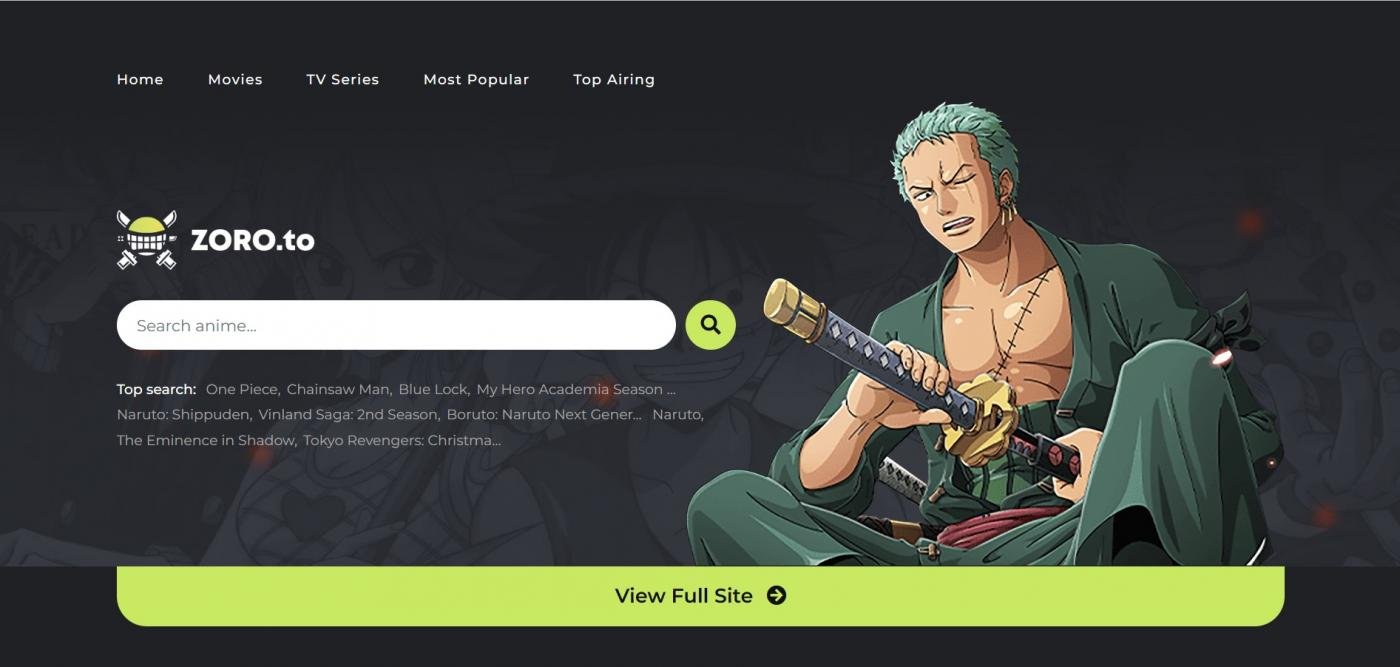The healthcare startup Olive AI, once valued at an impressive $4 billion during the peak of the digital health funding surge, has declared its closure, making headlines in the industry. The company announced its decision to shut down and revealed plans to sell off significant components of its business, marking the end of an era for a startup that was a prominent player in the realm of revenue cycle automation tools.
Olive’s decision to sell its clearinghouse and patient access businesses to Waystar and Humata Health, considered the core of its operations, underscores the company’s winding down of its overall business. This move arrives after Olive’s substantial fundraising efforts, including a notable $400 million funding round at the height of the digital health funding rush in 2021.
The downfall of Olive resonates with the overarching trend in the digital health landscape, where several prominent entities have faced closure or financial constraints as the sector’s funding and interest declined from the peak during the pandemic.
Amid the surge of interest, U.S.-based digital health startups had experienced an unprecedented influx of funding, surpassing $29 billion in 2021. However, recent years have witnessed a noticeable decline in funding, with startups raising only $2.5 billion in the third quarter of 2023, marking one of the lowest points since 2019. The IPO market for digital health players has also stagnated, reflecting the shift in the industry’s investment landscape.
Companies that thrived during the pandemic-driven digital health rush, such as Olive, have encountered financial turbulence. This trend is further evident as other firms, including Pear Therapeutics and Babylon, have faced bankruptcy despite their earlier successes.
Olive’s financial struggles were evident, as indicated by the substantial layoffs it had to implement. In July 2022, the company laid off approximately 450 employees, with CEO Sean Lane attributing the challenges to the company’s rapid growth and lack of focus. Subsequently, in February, an additional 200 jobs were cut.
Additionally, Olive resorted to divesting several product lines, including population health and 340B management tools, along with its utilization management products for payers.
The environment for health startups appears ripe for merger and acquisition activities due to the sluggish funding landscape, according to insights shared at HLTH. Acquirers may take advantage of the current market conditions to acquire new assets, particularly from point solutions providers facing increased competition from firms offering a broader range of products.
Conclusion:
The closure of Olive, once a beacon in the healthcare AI landscape, underscores the shifting dynamics and challenges within the digital health sector. The startup’s journey from a highly valued entity to winding down its operations highlights the volatile nature of the industry, influenced by fluctuating funding trends and evolving market demands.





